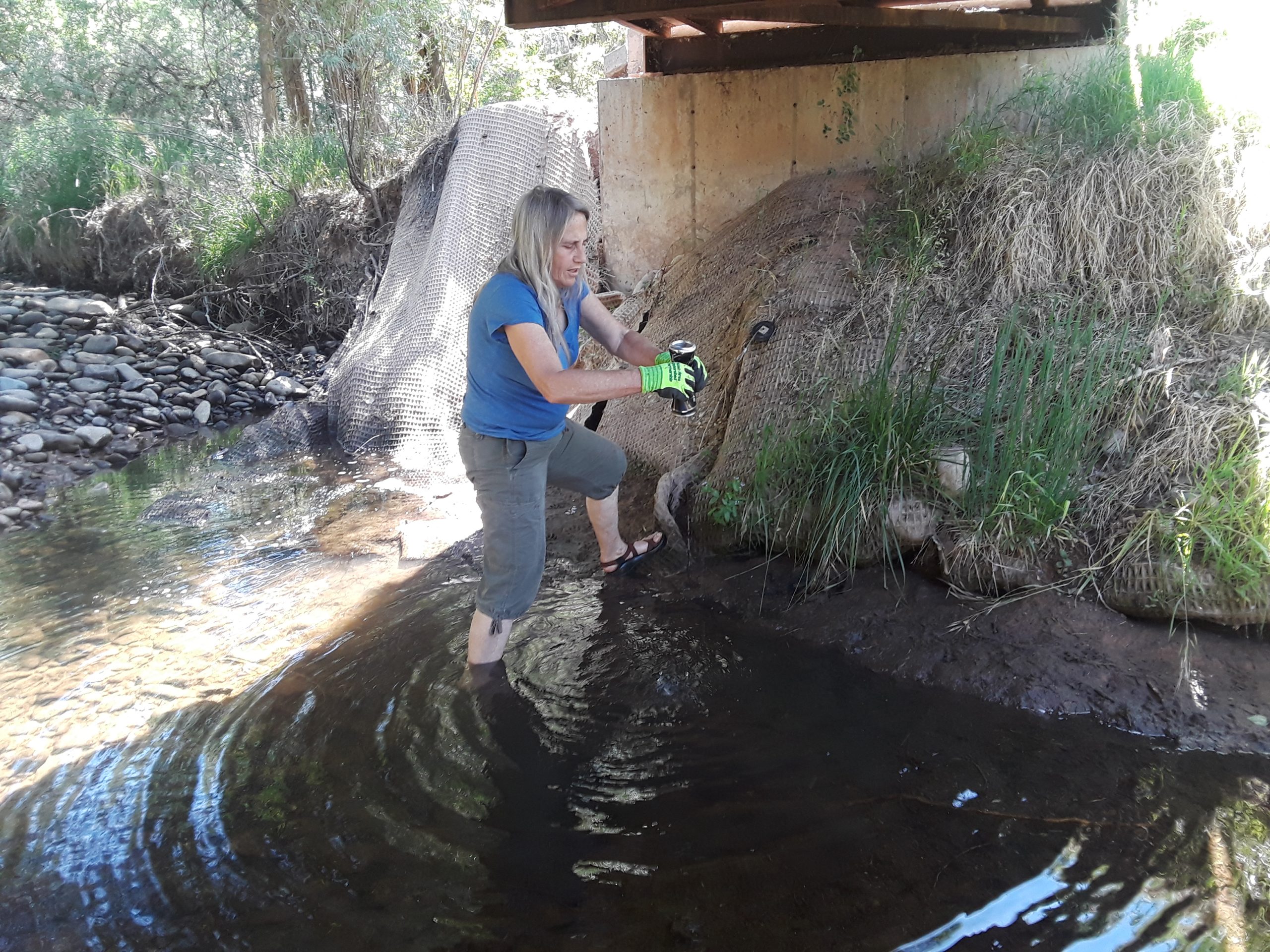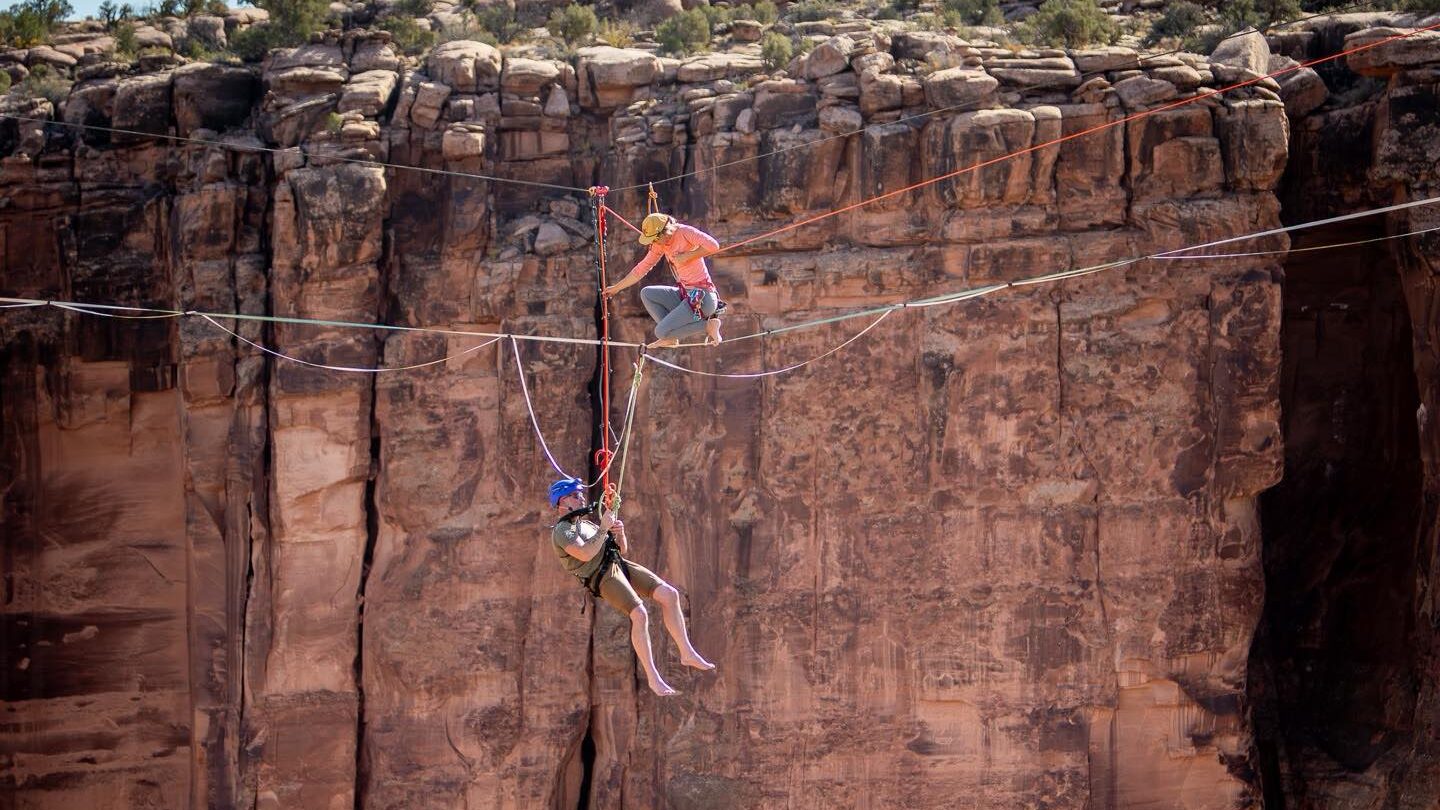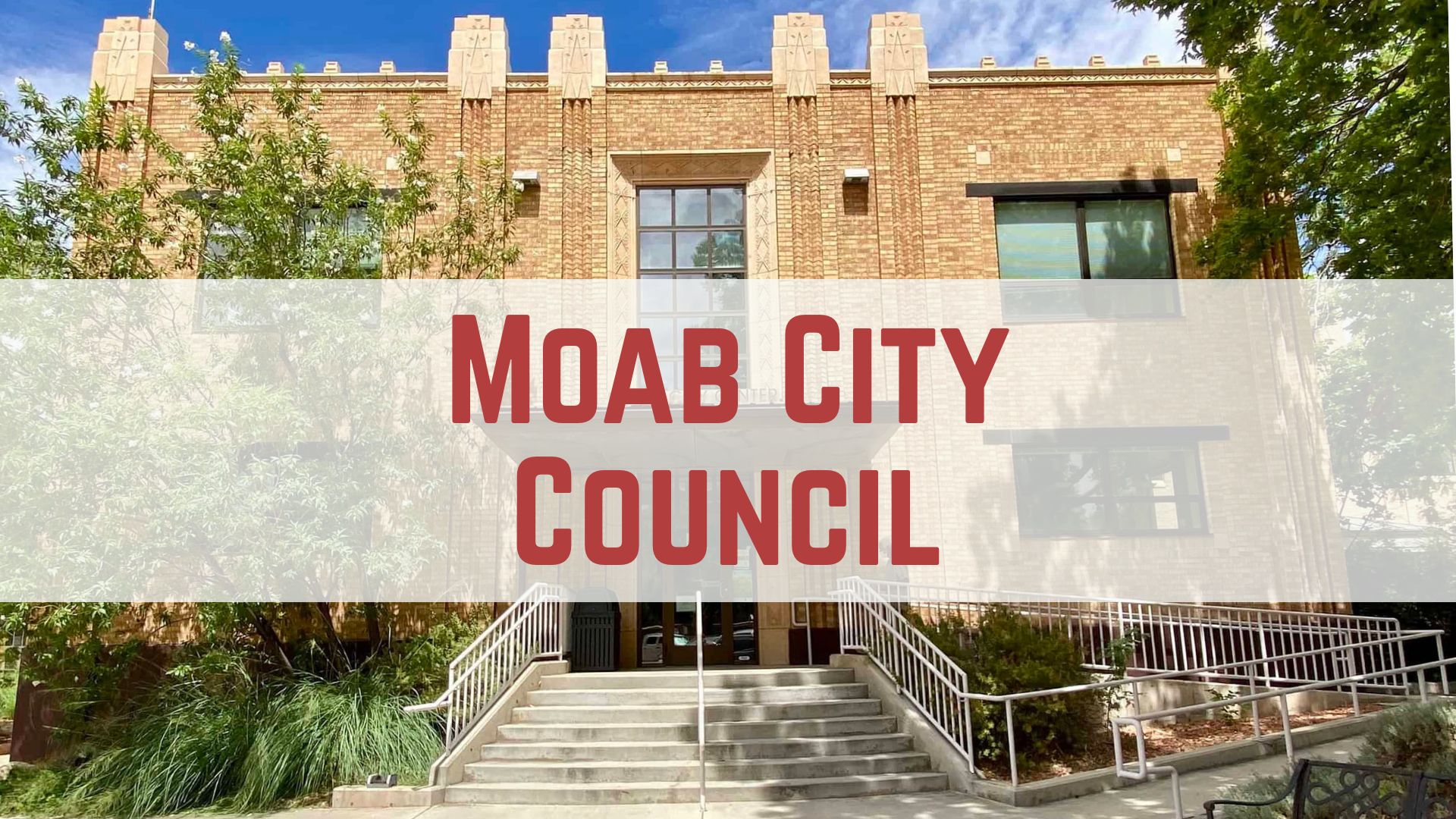Some information may be outdated.
A 2018 report from the Environmental Protection Agency on sustainable materials management included this data point: the recycling of 94 million tons of municipal solid waste that year reduced emissions by the equivalent of 193 million metric tons of carbon dioxide.
“This is comparable to the emissions that could be reduced from taking almost 42 million cars off the road in a year,” the report says.
Recycling saves valuable space in landfills, conserves energy and natural resources, prevents the pollution associated with extracting raw materials, and supports 681,000 jobs across the country, according to an EPA Recycling Economic Information report.
Grand County residents have a few options to participate in recycling. The Canyonlands Solid Waste Authority operates a single stream curbside collection service (meaning all recyclable materials are disposed of in a single container) which residents can opt into. The Community Recycle Center is also open for residents to drop off sorted recyclables. However, even with these options, Grand County is still well below the national average in diverting waste from landfills. The CSWA conducted a waste diversion analysis in 2021 and found that the county’s diversion rate was about 11%, meaning that 11% percent of everything thrown away was being diverted from the landfill through programs like the recycling center, mulching or composting yard waste, and salvaging scrap metal. The national waste diversion rate is above 30%.
Moab Solutions is a local nonprofit dedicated to recycling, environmental stewardship, and support for homeless people. Founder Sara Melnicoff wants to see Grand County’s waste diversion rate improve through a better-managed recycling program. Melnicoff is asking the CSWA, Moab City, and Grand County to create a cost-sharing agreement to support a full-time recycling specialist position. The specialist would collect recyclables from public locations like city parks and deliver them to the Community Recycle Center; assess recycling stations and systems and suggest improvements; help establish recycling programs for interested entities; and conduct public outreach.
Moab Solutions has been conducting this kind of work in the community for years. For example, when Utah Support Advocates for Recovery Awareness moved into a new building in November of 2021, Melnicoff asked the nonprofit if they would be interested in establishing a recycling system. USARA was receptive, so Melnicoff brought them recycling bins and took USARA staff on a field trip to the Community Recycle Center to learn how to properly sort items. With that foundation, USARA has been able to carry on its recycling program on its own.
“Recycling fits in with recovery,” said Heidi Fuger, a peer recovery coach for USARA in Moab. “It’s making a difference in the world and leaving things better than we found them and working for the greater good of society.”
Fuger was amazed to see how much of the organization’s waste could actually be recycled. She added that once a routine has been established, it’s no big deal to periodically take the recycling to the center and sort it.
“The difference you’re making definitely outweighs the inconvenience,” Fuger said.
As another example, Melnicoff pointed to the Old Spanish Trail Arena. In the mid-2000s, Moab Solutions helped set up a recycling system at the facility with the hope that staff would eventually take it over, the way USARA took over their own system. It didn’t work out that way at OSTA; now, the arena is taking potentially valuable recyclables like cardboard to the landfill. Melnicoff said Angie Book, the OSTA director, is interested in getting a more consistent recycling program established at the arena.
This spring, Melnicoff installed sorted recycling bins at Lions Park and visits them daily to deliver the material to the Community Recycle Center. Sorted recycling is easier to sell and process into new material. While single-stream recycling simplifies the process for individuals disposing of waste, Melnicoff says it’s not as effective as sorted recycling—mixed recyclables can get too contaminated to process.
Melnicoff is passionate about recycling, but she knows she can’t keep providing services at public places by herself, for free, forever.
“If I stop my collection, that’s going to be thousands and thousands and thousands of containers getting wasted,” Melnicoff said. That’s what prompted her to pitch the recycling specialist position.
Grand County Strategic Development Director Chris Baird said he has met briefly with Melnicoff about the proposal, but that it’s too early to say whether the county is likely to participate.
“There’s more to go before that proposal is either accepted or not,” Baird said. The county and city need to confer on whether they think the position would be an efficient use of funds, and the funding allocation would need to go through the regular budget approval process. Baird said the county commission supports recycling, but that there are different opinions among experts about the most effective way to implement recycling programs.
“I think the commission’s definitely on board with the concept; it’s just a matter of drilling down to the details,” Baird said.
City of Moab Communications Manager Lisa Church said that the city is already invested in the creation of a recycling coordinator position that’s included in the city’s contract with the Canyonlands Solid Waste Authority.
“We understand their board has budgeted for that position and will hire a coordinator to provide recycling education and information to the community,” Church wrote in an email. The city also supports the concept of recycling. Recycling is included in the city’s draft sustainability plan; that’s why, Church pointed out, the service is required as part of the city’s waste-hauling contract.
“We are currently conducting interviews to hire a new sustainability director, who will move our vision forward for waste recycling, water resources, dark-sky lighting, green infrastructure, and many other projects,” Church said.
The coordinator position included in the city’s contract with Canyonlands Solid Waste Authority is a part-time position focused on education and promotion; Melnicoff envisions a much more hands-on, “boots-on-the-ground” employee who will collect and deliver recyclables, assess recycling stations and programs, and suggest and implement improvements.
Kevin Fitzgerald, vice chair of CSWA, said that while the district is very interested in Melnicoff’s idea, the timing may not be right.
“We really need an executive director,” Fitzgerald explained. Former director Evan Tyrrell left the position a few months ago to accept another job; the district is in the process of evaluating candidates to fill the role.
“The future may bring us to that point,” Fitzgerald said of the recycling specialist position, “but we’ve got to deal with what we’re dealing with right now.”
Fitzgerald, as well as city and county officials, acknowledged the significant contributions Moab Solutions has made to local recycling efforts, and recognized Melnicoff’s personal dedication. However, CSWA and local government officials say they have more to consider before pursuing the proposal. All the relevant parties are scheduled to meet next week to discuss the possibility of the new position.
Appreciate the coverage? Help keep local news alive.
Chip in to support the Moab Sun News.





